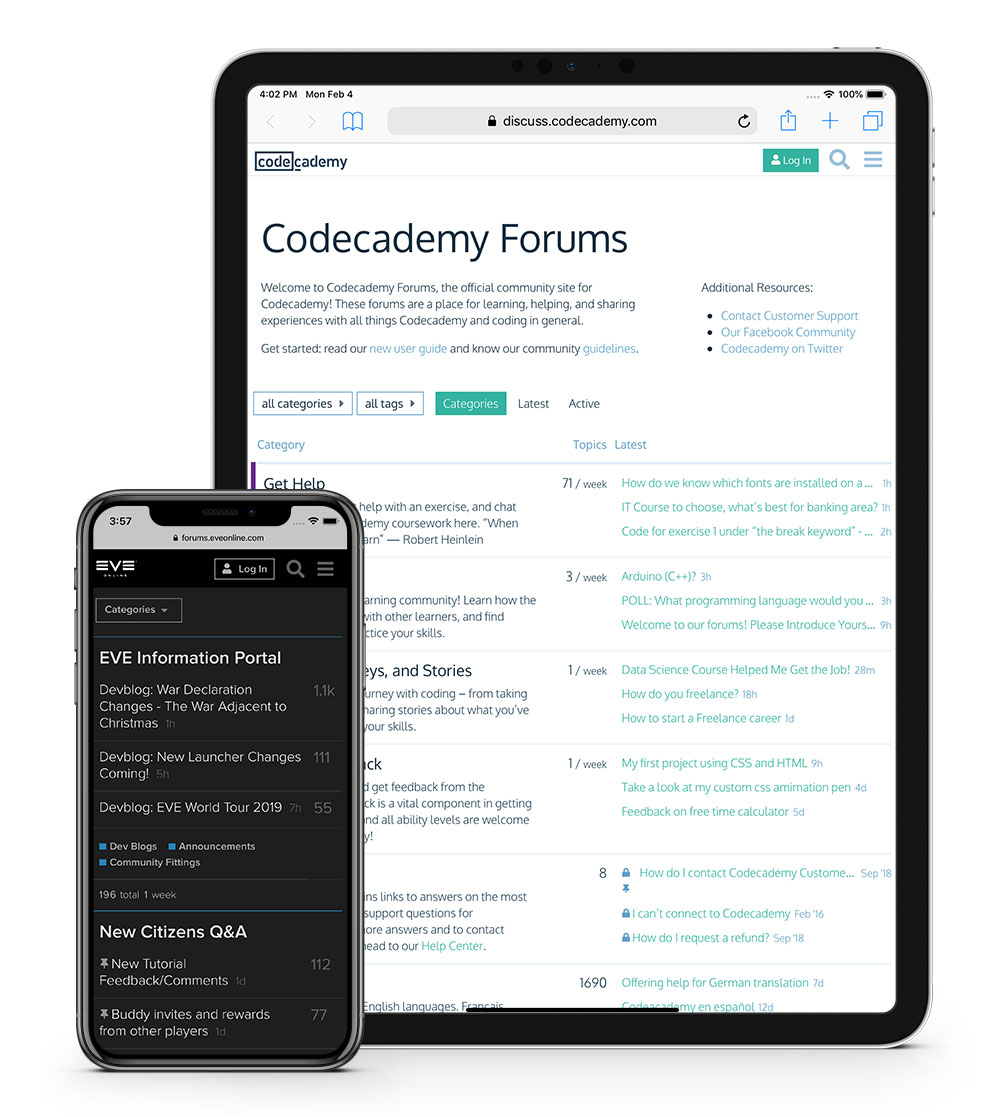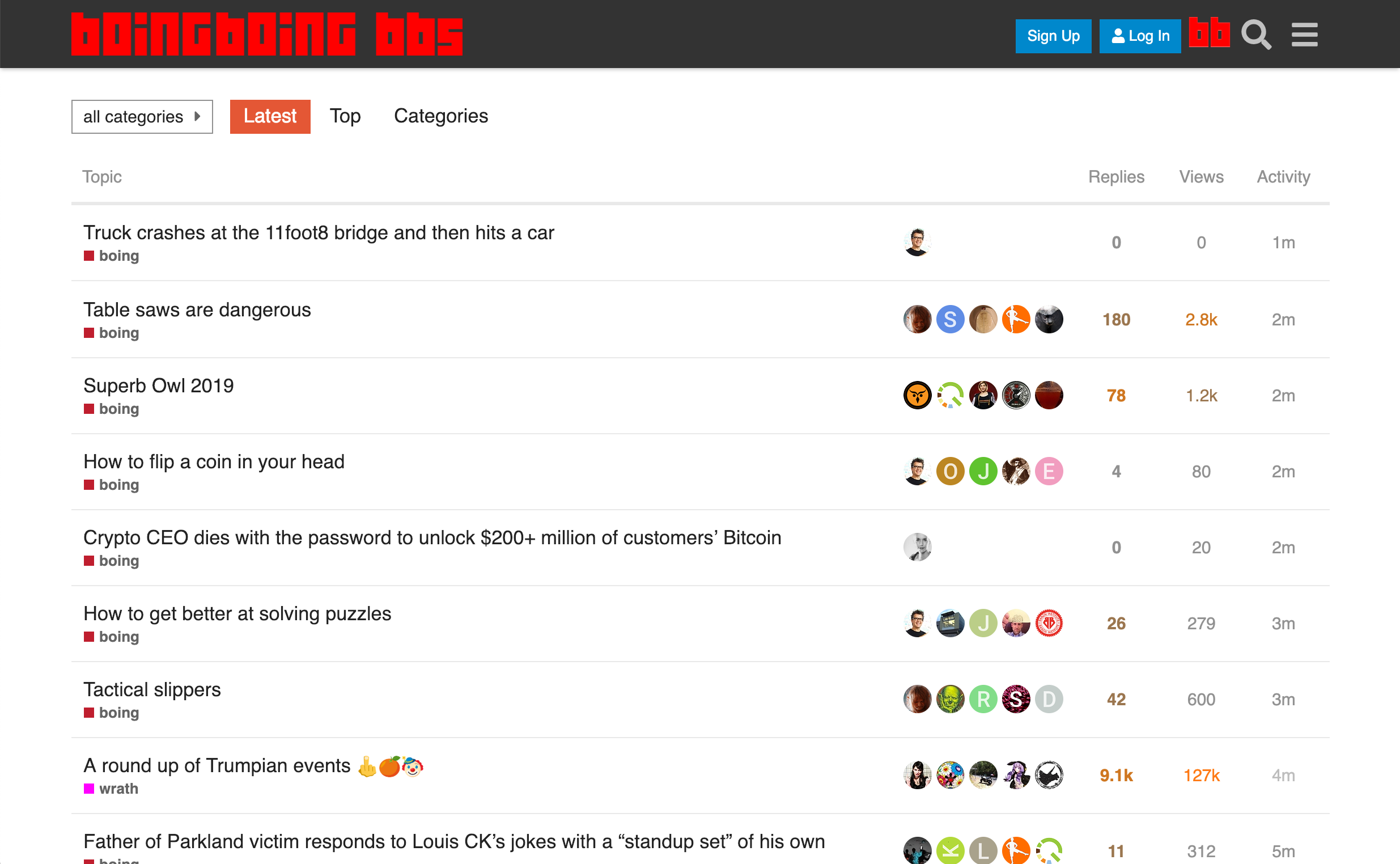The aim of this PR is to improve the topic tracking state JavaScript code and test coverage so further modifications can be made in plugins and in core. This is focused on making topic tracking state changes easier to respond to with callbacks, and changing it so all state modifications go through a single method instead of modifying `this.state` all over the place. I have also tried to improve documentation, make the code clearer and easier to follow, and make it clear what are public and private methods.
The changes I have made here should not break backwards compatibility, though there is no way to tell for sure if other plugin/theme authors are using tracking state methods that are essentially private methods. Any name changes made in the tracking-state.js code have been reflected in core.
----
We now have a `_trackedTopicLimit` in the tracking state. Previously, if a topic was neither new nor unread it was removed from the tracking state; now it is only removed if we are tracking more than `_trackedTopicLimit` topics (which is set to 4000). This is so plugins/themes adding topics with `TopicTrackingState.register_refine_method` can add topics to track that aren't necessarily new or unread, e.g. for totals counts.
Anywhere where we were doing `tracker.states["t" + data.topic_id] = newObject` has now been changed to flow through central `modifyState` and `modifyStateProp` methods. This is so state objects are not modified until they need to be (e.g. sometimes properties are set based on certain conditions) and also so we can run callback functions when the state is modified.
I added `onStateChange` and `onMessageIncrement` methods to register callbacks that are called when the state is changed and when the message count is incremented, respectively. This was done so we no longer need to do things like `@observes("trackingState.states")` in other Ember classes.
I split up giant functions like `sync` and `establishChannels` into smaller functions for readability and testability, and renamed many small functions to _functionName to designate them as private functions which not be called by consumers of `topicTrackingState`. Public functions are now all documented (well...at least ones that are not immediately obvious).
----
On the backend side, I have changed the MessageBus publish events for TopicTrackingState to send back tags and tag IDs for more channels, and done some extra code cleanup and refactoring. Plugins may override `TopicTrackingState.report` so I have made its footprint as small as possible and externalised the main parts of it into other methods.
|
||
|---|---|---|
| .devcontainer | ||
| .github | ||
| .vscode-sample | ||
| app | ||
| bin | ||
| config | ||
| db | ||
| docs | ||
| images | ||
| lib | ||
| log | ||
| plugins | ||
| public | ||
| script | ||
| spec | ||
| test | ||
| vendor | ||
| .editorconfig | ||
| .eslintignore | ||
| .eslintrc | ||
| .git-blame-ignore-revs | ||
| .gitattributes | ||
| .gitignore | ||
| .licensed.yml | ||
| .prettierignore | ||
| .prettierrc | ||
| .rspec | ||
| .rspec_parallel | ||
| .rubocop.yml | ||
| .ruby-gemset.sample | ||
| .ruby-version.sample | ||
| .template-lintrc.js | ||
| .tool-versions | ||
| adminjs | ||
| Brewfile | ||
| config.ru | ||
| CONTRIBUTING.md | ||
| COPYRIGHT.txt | ||
| d | ||
| discourse.sublime-project | ||
| Gemfile | ||
| Gemfile.lock | ||
| jsapp | ||
| lefthook.yml | ||
| LICENSE.txt | ||
| package.json | ||
| Rakefile | ||
| README.md | ||
| translator.yml | ||
| yarn.lock | ||
Discourse is the 100% open source discussion platform built for the next decade of the Internet. Use it as a:
- mailing list
- discussion forum
- long-form chat room
To learn more about the philosophy and goals of the project, visit discourse.org.
Screenshots

Browse lots more notable Discourse instances.
Development
To get your environment setup, follow the community setup guide for your operating system.
- If you're on macOS, try the macOS development guide.
- If you're on Ubuntu, try the Ubuntu development guide.
- If you're on Windows, try the Windows 10 development guide.
If you're familiar with how Rails works and are comfortable setting up your own environment, you can also try out the Discourse Advanced Developer Guide, which is aimed primarily at Ubuntu and macOS environments.
Before you get started, ensure you have the following minimum versions: Ruby 2.6+, PostgreSQL 10+, Redis 4.0+. If you're having trouble, please see our TROUBLESHOOTING GUIDE first!
Setting up Discourse
If you want to set up a Discourse forum for production use, see our Discourse Install Guide.
If you're looking for business class hosting, see discourse.org/buy.
Requirements
Discourse is built for the next 10 years of the Internet, so our requirements are high.
Discourse supports the latest, stable releases of all major browsers and platforms:
| Browsers | Tablets | Phones |
|---|---|---|
| Apple Safari | iPadOS | iOS |
| Google Chrome | Android | Android |
| Microsoft Edge | ||
| Mozilla Firefox |
Built With
- Ruby on Rails — Our back end API is a Rails app. It responds to requests RESTfully in JSON.
- Ember.js — Our front end is an Ember.js app that communicates with the Rails API.
- PostgreSQL — Our main data store is in Postgres.
- Redis — We use Redis as a cache and for transient data.
- BrowserStack — We use BrowserStack to test on real devices and browsers.
Plus lots of Ruby Gems, a complete list of which is at /master/Gemfile.
Contributing
Discourse is 100% free and open source. We encourage and support an active, healthy community that
accepts contributions from the public – including you!
Before contributing to Discourse:
- Please read the complete mission statements on discourse.org. Yes we actually believe this stuff; you should too.
- Read and sign the Electronic Discourse Forums Contribution License Agreement.
- Dig into CONTRIBUTING.MD, which covers submitting bugs, requesting new features, preparing your code for a pull request, etc.
- Always strive to collaborate with mutual respect.
- Not sure what to work on? We've got some ideas.
We look forward to seeing your pull requests!
Security
We take security very seriously at Discourse; all our code is 100% open source and peer reviewed. Please read our security guide for an overview of security measures in Discourse, or if you wish to report a security issue.
The Discourse Team
The original Discourse code contributors can be found in AUTHORS.MD. For a complete list of the many individuals that contributed to the design and implementation of Discourse, please refer to the official Discourse blog and GitHub's list of contributors.
Copyright / License
Copyright 2014 - 2021 Civilized Discourse Construction Kit, Inc.
Licensed under the GNU General Public License Version 2.0 (or later);
you may not use this work except in compliance with the License.
You may obtain a copy of the License in the LICENSE file, or at:
https://www.gnu.org/licenses/old-licenses/gpl-2.0.txt
Unless required by applicable law or agreed to in writing, software
distributed under the License is distributed on an "AS IS" BASIS,
WITHOUT WARRANTIES OR CONDITIONS OF ANY KIND, either express or implied.
See the License for the specific language governing permissions and
limitations under the License.
Discourse logo and “Discourse Forum” ®, Civilized Discourse Construction Kit, Inc.
Dedication
Discourse is built with love, Internet style.




